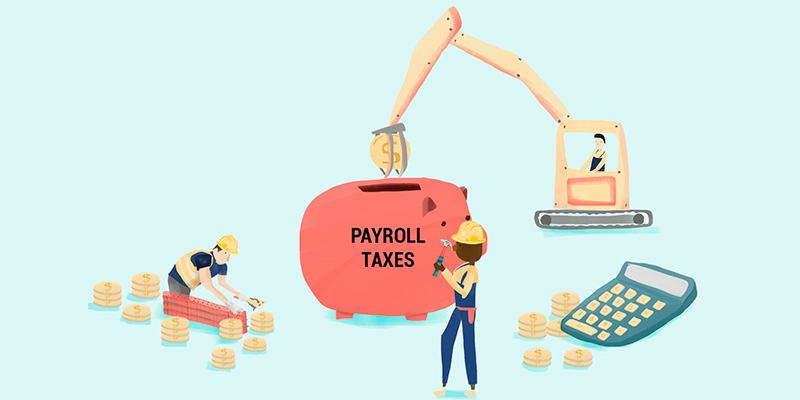Understanding Payroll Tax Requirements
Employers are required to make federal payroll tax payments to the government, as well as to complete appropriate reporting and information returns. Employers must also provide W-2 and 1099 reports explaining the compensation and withholding amounts paid to employees and contractors. There could be government requirements. Rules can be complex and penalties for incompatibility can be severe, so the management of payroll tax responsibilities is usually provided by small businesses externally.
Handling the payroll tax responsibilities appropriately involves ensuring:
- Your federal and state taxes will be paid and notified to the applicable tax authorities
- You report revenue as required, the amount held and the amount paid on behalf of employees and contractors
- You keep the federal and state records
Getting started with employees
When you hire your first employee, if you don’t already have one for your job, you’ll need a federal employer ID number from the IRS. You may also need to obtain state and local tax numbers.
In addition to assigning an employer identification number (EIN) for use in all your correspondence, deposits, returns and other documents, tax agencies often provide you with information about your specific payroll tax obligations and may provide you with the forms you need. for use when depositing taxes and file returns.
For federal payroll tax purposes, you will have both reporting and deposit obligations.
While these relate to the same obligation, tax returns and tax deposits are usually made separately:
- Federal tax deposits must be made periodically.
- Federal tax returns must be submitted quarterly or annually.

